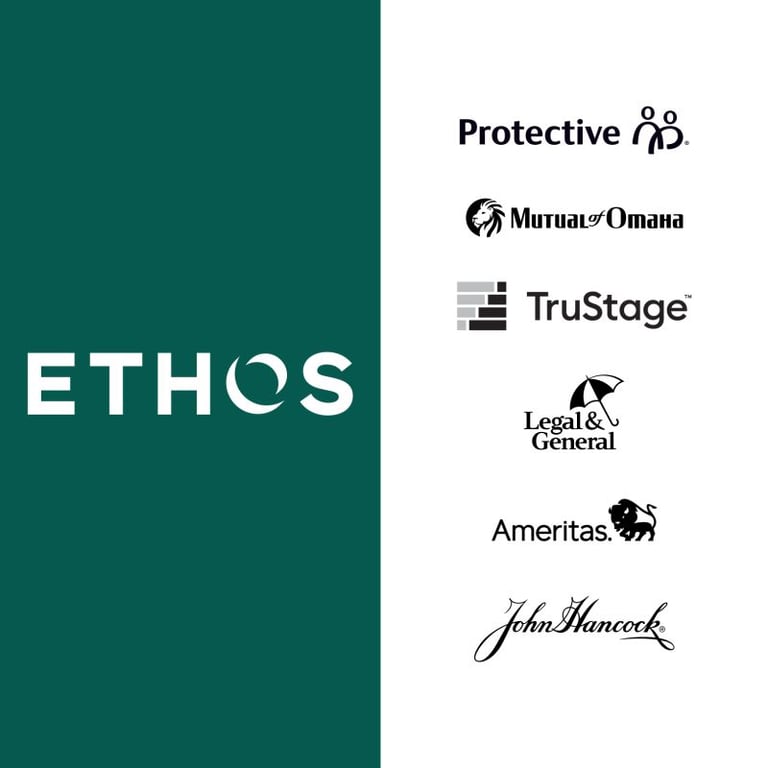NPN #20142358 MICHIGAN PRODUCER ID #1097370 AGENCY NPN #20969676 MICHIGAN AGENCY ID #0145888
Affiliate Disclaimer: Some links may be affiliate links, generating revenue for MS2 Agency LLC at no extra cost to you. See our Affiliate Disclosure Policy for details
Why Subcontractors Can Cost You Big in an Insurance Audit — And How to Avoid It
Subcontractors might seem like a simple labor solution, but if you’re a Michigan contractor, they can lead to massive insurance audit penalties. Learn how to properly classify, document, and protect your business from unexpected premium hikes.
SUBCONTRACTOR INSURANCE AUDITMICHIGAN CONTRACTORS INSURANCEWORKERS' COMP AUDITEMPLOYEE VS. SUBCONTRACTORINSURANCE AUDIT PENALTIES
Michael Scott
3/26/20254 min read


How Misclassifying Workers Can Cost Michigan Construction Businesses Thousands
If you’re a construction business owner in Michigan, chances are you’ve hired subcontractors to help with specific jobs. Maybe it's a roofer for a new build or a drywall crew for a renovation. Hiring subcontractors is often a smart move—it gives you flexibility, saves on payroll, and keeps overhead low.
But here’s the blunt truth: if you’re not handling subcontractor documentation correctly, your business is a ticking time bomb during insurance audit season.
The Audit Trap: Subcontractor Misclassification
Every year, insurance carriers conduct audits to verify payroll and classification accuracy. If they find that your "subcontractor" doesn’t meet the requirements for independent contractor status, guess what? You’re on the hook for their workers’ comp and general liability premiums.
And those retroactive charges? They aren’t small.
Let’s say you paid a subcontractor $80,000 for roofing work. If they didn’t carry valid insurance or proper documentation, your audit may reclassify them as an employee. Now you owe premiums on that full $80K—plus possible penalties.
Michigan’s Rules for Subcontractors
In Michigan, a true subcontractor must meet certain criteria. This includes:
Having their own workers' compensation insurance policy
Carrying their own general liability insurance
Operating as an independent business (with their own tools, schedule, clients, etc.)
Being issued a 1099, not a W-2
Not being under your direct control or supervision
Fail just one of these requirements, and your insurance carrier might label them an employee.
The Most Expensive Mistake: No Proof of Insurance
The #1 issue we see in audits? No certificate of insurance (COI).
If you don’t collect and keep a COI from every subcontractor showing valid coverage at the time of work, the audit will assume the worst—and charge you accordingly.
Even worse, if the policy lapsed during the project and you didn’t catch it, you’re still responsible.
How to Protect Your Business
Here’s how you can bulletproof your audit results when it comes to subcontractors:
1. Require Certificates of Insurance — Always
Before any subcontractor sets foot on your job site, you should have a valid COI in hand showing:
General liability insurance
Workers’ compensation insurance (even if they’re a sole proprietor)
Make sure the policy dates match the timeline of the project.
2. Keep Organized Documentation
Save COIs in a central location—digitally and backed up. Also keep contracts, invoices, and communication that show the subcontractor operated independently.
3. Use Contracts That Define the Relationship
Clearly spell out that the subcontractor is an independent business, not an employee. This can help during an audit or dispute.
4. Avoid Control and Supervision
You shouldn’t be dictating their work hours, methods, or providing tools. If you’re running their day-to-day, the line between contractor and employee blurs—and the audit hits harder.
5. Audit Your Own Subcontractors Regularly
Just like the insurance company audits you, you should review your subcontractor roster and documentation quarterly. Verify current insurance coverage and review contracts.
What If You Already Got Hit with a Subcontractor Audit Charge?
Don’t panic—yet. You may be able to dispute the audit findings if:
You have COIs that weren’t submitted
You can prove subcontractor status with contracts, invoices, or business credentials
Work with your insurance agent quickly. There are strict deadlines to file disputes or corrections. The faster you act, the better your odds of reducing the charges.
Bottom Line
In the construction world, subcontractors are a necessity. But mishandling them can turn into an expensive mess when the insurance audit comes around. Don’t wait for a premium hike to take action.
Start treating subcontractor documentation like safety gear—essential for protecting your business.
Sources:
State of Michigan Workers’ Compensation Agency: www.michigan.gov/wca
National Association of Insurance Commissioners (NAIC)
Insurance Information Institute: www.iii.org
Michigan Department of Licensing and Regulatory Affairs (LARA)
🚀 Get Your Customized Insurance Quote Today!📝
Fast ⚡ Easy ✅ Tailored to Your Business Needs 💼


💼 Business Loans & Credit Lines 💳
🚀 Fast, Flexible, & Easy ✅ Competitive Rates 💰

⭐ See Why We're 5-Star Rated on Google!
Trusted by Businesses Like Yours ✅
💼 Ready to Save on Business Insurance? 🚀 Get Your Instant Quote Now—Fast, Easy, and No Hassle! Protect Your Business, Control Your Costs! 🔍
💳 Seamless & Secure Card Processing with Deposyt! 🚀 Low Fees, Fast Transactions, Maximum Security! 🔒
🚗 Out of Factory Warranty? No Worries! 🛡️ Arkay Auto Warranty Covers Repairs, Saves You Money, & Keeps You on the Road Longer! 🔧💰 Get Protected!
🛑 Business Owners: What Happens If You're Not Around? 🛑 Secure your family's future with Ethos Life Insurance — fast, affordable, and easy.
MS2 Agency LLC
Built For Contractors & Michigan Families
Contact Us
Join our mailing list for Insurance education, offers, and savings tips
© 2025. MS2 Agency LLC All rights reserved
3846 Arlington Ave., Fort Gratiot, MI 48059






